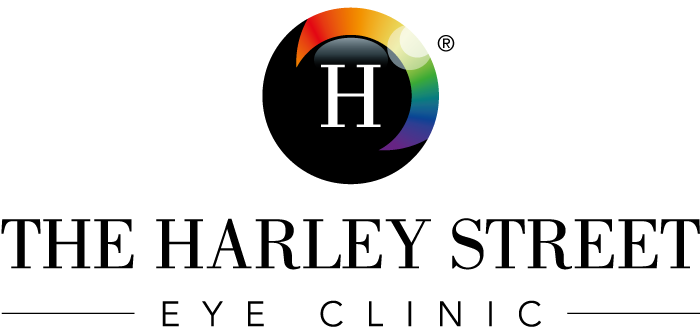After surgery: the road to full recovery
Most types of surgery are performed as day case, which avoids the need to stay in hospital overnight.
Upon arrival for surgery, the Day Case Unit staff will place dilating drops just inside your lower lid. The drops will make your vision blurred but this enables the surgeon to clearly view your eye during the surgery.
Once in theatre, a local anaesthetic is administered to make the operation painless. Some patients have anaesthetic drops (topical anaesthesia) and some have an injection around the eye (sub-tenons anaesthetic). Although you may see light and movement during your operation, you will not be able to see the surgery, and will not have to worry about keeping your eye open or closed. The other eye will be covered up. The skin around your eye will be thoroughly cleansed, sterilised and sterile coverings will be placed around your head.
Operation times vary. A cataract operation usually takes about 20 minutes, sometimes a little longer. Occasionally a general anaesthetic is given. Both vitrectomy surgery and Implantable Miniature Telescope (IMT) surgery take approximately 45 minutes.
Straight after surgery
When you remove it, your eyelid may be droopy and you may experience double vision. This is due to the anaesthetic wearing off and will soon go away (after 2 to 6 hours).
Following a short stay in the day case unit, you will be free to go. You should arrange to have a taxi or friend to pick you up so that you do not need to drive.
Recovery after surgery
- Initially your vision is likely to be reasonable, although sometimes quite blurry. Your eye may also be slightly inflamed, watery or gritty for a while. This tends to wear off after 1 to 2 days.
- You can bend down to pick things up, but avoid washing your hair for 24 hours. After this time, be careful not to get shampoo in your eye, and avoid using mascara or anything that presses on your eyeball such as an eye mask. Aim to have a restful couple of days.
- After the first week, apply products around the eye sparingly and with care for the next week or two.
- We will provide you with eye drops to use as directed in this time. You should also feel free to use over the counter pain medications as required.
- During your recovery, you should avoid running or other high impact sports. However you can continue your daily activities and other forms of moderate exercise.
- You are free to drive when you can see clearly and feel comfortable and confident. However, ensure that you are able to see and read a number plate when 20 metres away (that is around the length of 3 cars).
- Your follow-up appointment is usually planned for around 1 to 3 weeks after the initial procedure. We will assess your recovery and discuss any further operations if they were planned.
- One to two months after surgery and recovery, we recommend going to see our optometrist (Nicola Wood) for an eye test. Depending on your procedure you may require new glasses for reading or driving.
- Posturing: occasionally patients who experience vitrectomy surgery require ‘posturing’ after surgery, for example, face down or right cheek to pillow. The reason for this is to make the oil bubble float to where the tear is and to help close the tear. Mr El-Amir believes other elements of the complete surgical procedure are equally if not more important than posturing, and as such your need for posturing will be assessed on an individual basis. Posturing may only be necessary for 2-3 days in a minority of patients.
What are the main risks associated with treatment?
Results are vital to us at The Harley Street Eye Clinic. That is why we run a continuous audit programme which demonstrates that our infection rate is currently at zero. Our audits also show that our results are consistently better than the national figures published by the Royal College of Ophthalmologists.
What if I have a problem following treatment?
Out of hours, please contact the main switchboard of the Hospital where you had surgery and they will contact Mr El-Amir or his team for advice.
Copyright © The Harley Street Eye Clinic 2019
Find out more
To discuss the cause and treatment of your condition, please call us on the number below.
Monday to Friday 9am – 5pm
0207 060 0086
Any Queries
See our Frequently Asked Questions page.
